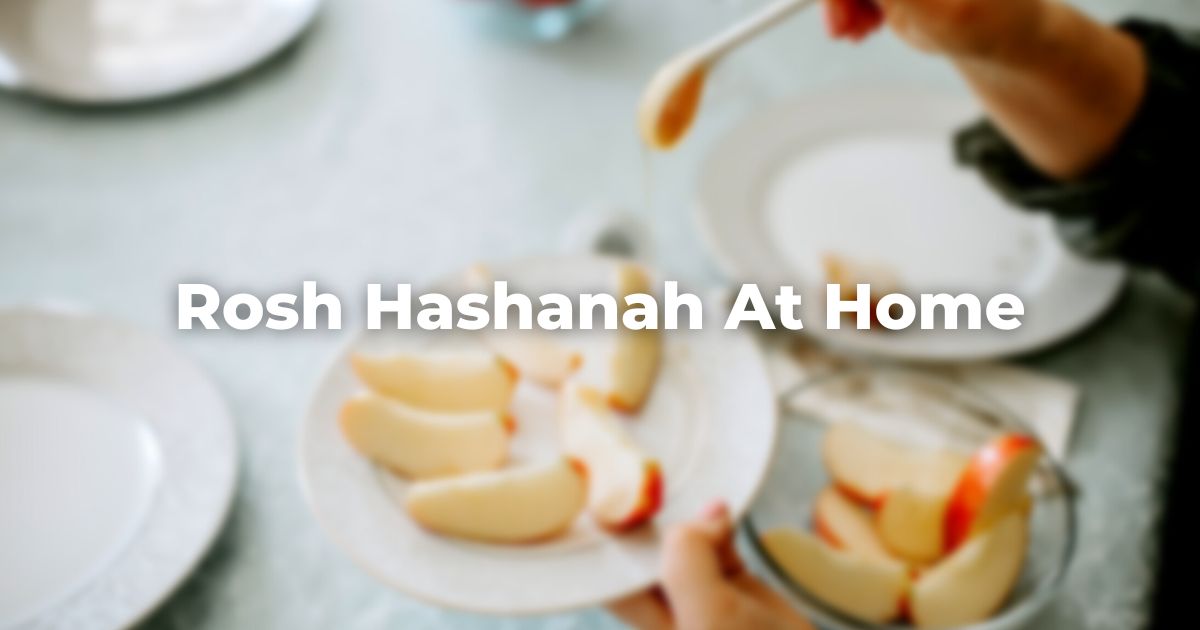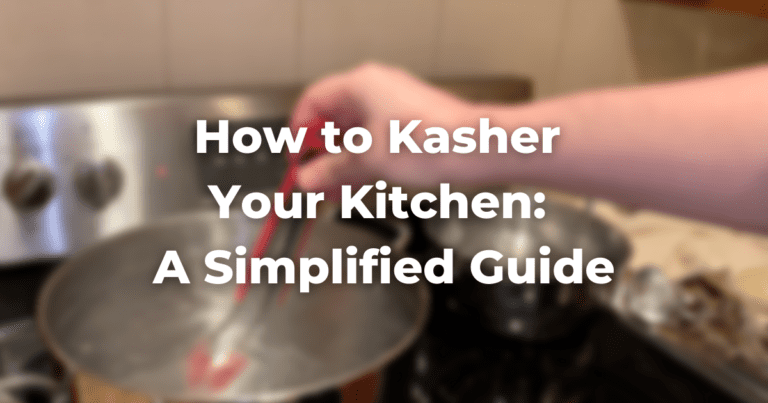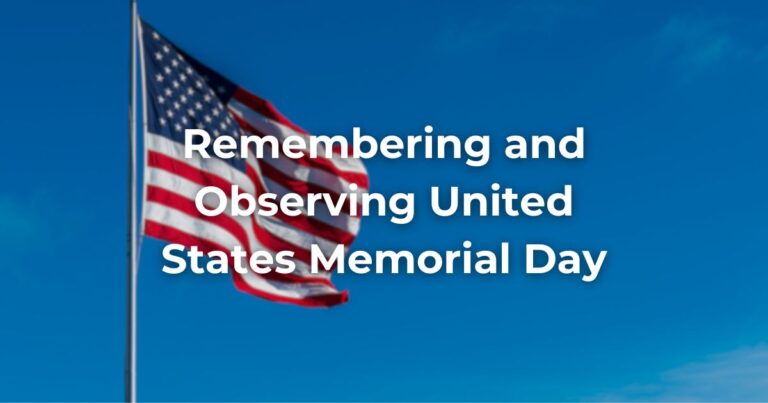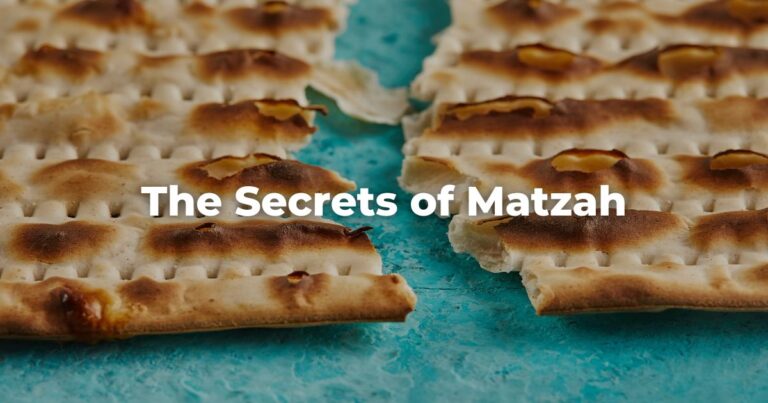Personal and at-home Rosh Hashanah rituals include candle lighting, eating apples with honey, and sharing meals.
The only biblically ordained ritual connected with the day we now know as Rosh Hashanah will strike moderns as a rather simple one: in addition to the requisite animal sacrifices ordained for the day, the entire people is to gather together and stand in silence while listening to the sounding of the shofar.
Apparently, the medium was enough of a message for the ancients to have required no further interpretation of the shofar blasts. The challenge for moderns, therefore, is to learn how to listen.
When we walk into a synagogue on Rosh Hashanah today, the experience the ancients had when they heard the blasts of the shofar is available to us no less than it was once to them. While worship in ancient times was entirely different from and, apparently, dramatically shorter than in today’s synagogues, the richness of the experience is no less available to us than it was in ancient times.
The subtle shadings added by generations of Jews can surely result in a religious experience of no less profound beauty and meaning “even today, if My people would only learn to listen” (Psalm 95:7).
Candle Lighting
There are special laws and rituals for lighting candles on Rosh Hashanah.
The blessing over Rosh Hashanah candles is:
.בָּרוּךְ אַתָּה ה׳ אֱלֹהֵֽינוּ מֶֽלֶךְ הָעוֹלָם אֲשֶׁר קִדְּשָֽׁנוּ בְּמִצְוֹתָיו וְצִוָּֽנוּ לְהַדְלִיק נֵר שֶׁל יוֹם טוֹב
Barukh attah adonai, eloheinu, melekh ha-olam, asher kidd’shanu b’mitzvotav v’tzivvanu l’hadlik neir shel yom tov.
Praised are You, Adonai, our God, Sovereign of the universe, who, sanctifying us with divine commandments, has commanded us to kindle the festival lamp.
For more on candle lighting for Rosh Hashanah, go here.
Rosh Hashanah Greetings
The customary greeting for Rosh Hashanah is:
לְשָׁנָה טוֹבָה תִכָּתֵבוּ
L’shanah tovah tikkateivu
May you be inscribed for a good year.
Often, this is shortened to shanah tovah or l’shanah tovah (also written as shana tova)
Rosh Hashanah Meal
After reciting Maariv, the Evening Service, families gather for a festive Rosh Hashanah meal.
The special Kiddush for Rosh Hashanah is recited, concluding with the She-heḥeyyanu (also written as shehecheyanu or shehechianu) blessing, thanking God for “granting us life, sustaining us, and enabling us to reach this day.”
On Shabbat, of course, we add the Shabbat insertions to the Rosh Hashanah Kiddush.
There are a wide variety of customs that apply to dinner on Rosh Hashanah.
Apples and Honey
One popular custom is to eat apples and honey. Right after reciting the Ha-motzi blessing and eating some bread, we dip a slice of apple into honey and then, before eating it, say:
יְהִי רָצוֹן מִלְּפָנֶיךָ ה׳ אֱלֹהֵינוּ וֵאלֹהֵי אֲבוֹתֵינוּ שֶׁתְּחַדֵּשׁ עָלֵינוּ שָׁנָה טוֹבָה וּמְתוּקָה
Y’hi ratzon mi-l’fanekha adonai eloheinu veilohei avoteinu [v’immoteinu] she-t’ḥaddeish aleinu shanah tovah um’tukah.
May it be Your will, Adonai our God and God of our ancestors, to grant us a good and sweet new year.
Some have the custom of eating the apple dipped in honey first and then reciting the declaration.
Many Jews have a more elaborate ritual that involves eating a large number of symbolic foods, each one intended to symbolize a specific hope for the coming year. For example, some eat a pomegranate as a way of expressing the hope that its numerous seeds will come to represent the many mitzvot to be performed in the year to come.
Instead of sprinkling salt over the bread after saying the blessing, some use honey. This too is meant to symbolize the hope for a sweet new year.
Adapted with permission from The Observant Life.
Authors
-

The Observant Life: The Wisdom of Conservative Judaism for Contemporary Jews distills a century of thoughtful inquiry into the most profound of all Jewish questions: how to suffuse life with timeless values, how to remain loyal to the covenant that binds the Jewish people and the God of Israel, and how to embrace the law while retaining an abiding sense of fidelity to one’s own moral path in life. Written in a multiplicity of voices inspired by a common vision, the authors of The Observant Life explain what it means in the ultimate sense to live a Jewish life, and to live it honestly, morally, and purposefully. The work is a comprehensive guide to life in the 21st Century. Chapters on Jewish rituals including prayer, holiday, life cycle events and Jewish ethics such as citizenship, slander, taxes, wills, the courts, the work place and so much more.
View all posts -







